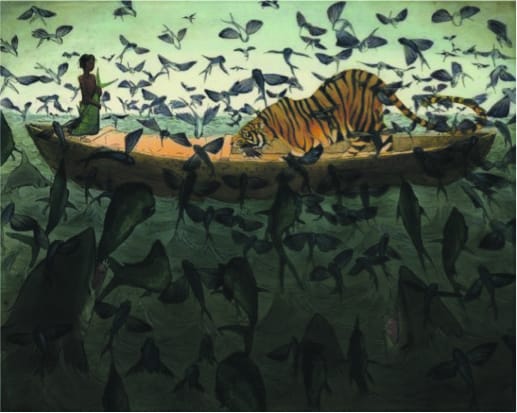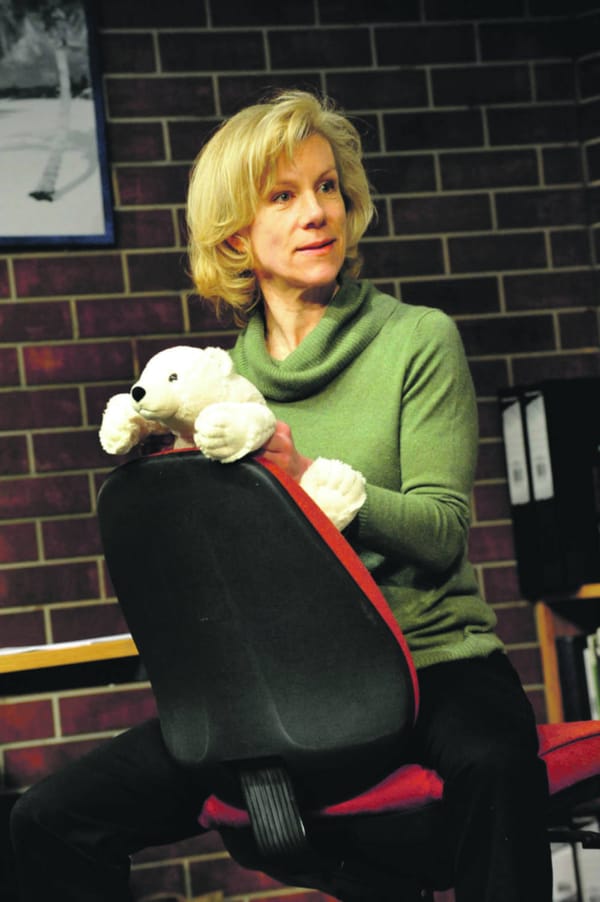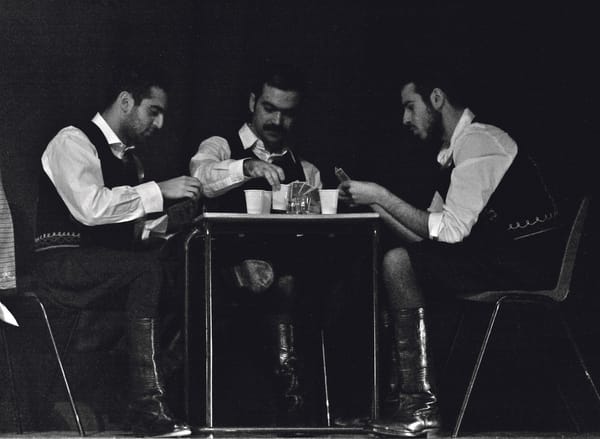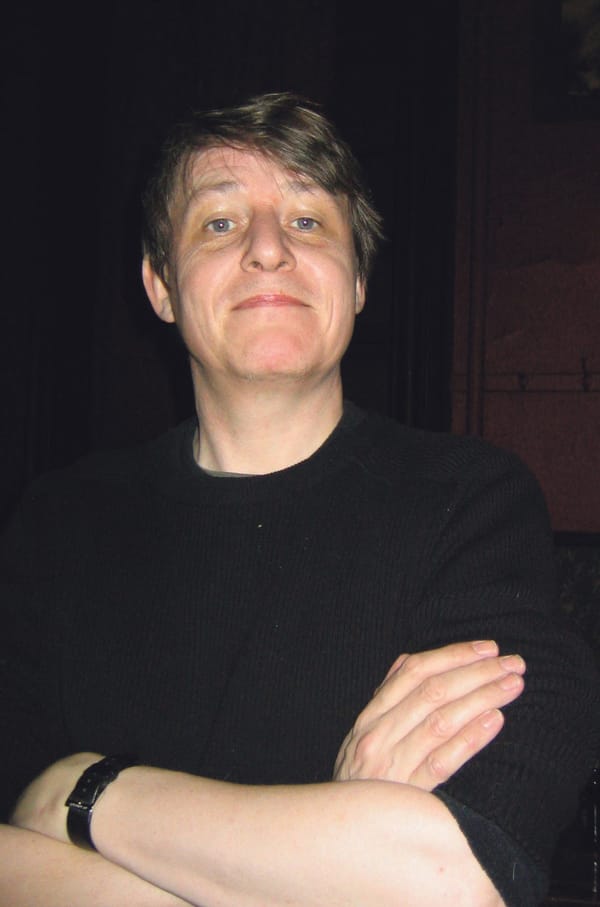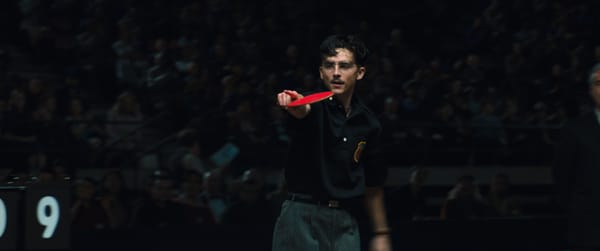That first trip to the Opera
A spontaneous, mid-lecture decision to try something new pays off majestically
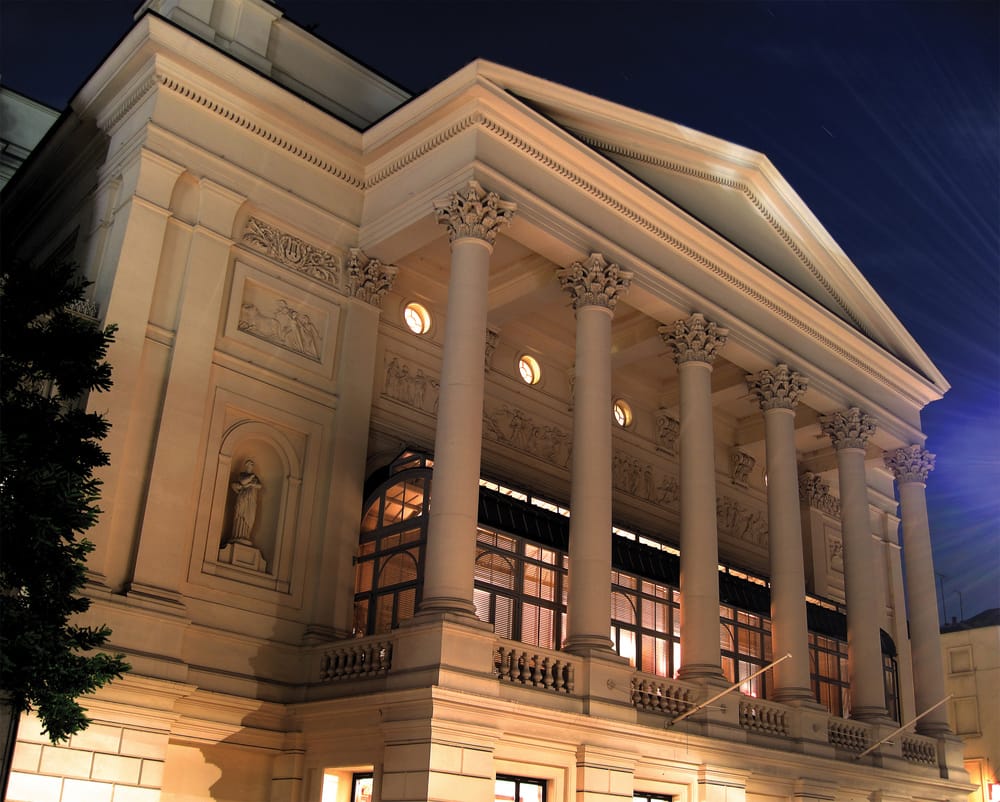
I was sitting restlessly, bored in the last lecture of the day when a friend turned round to ask me if I fancied going to see an opera that evening, Il Barbiere di Siviglia (or The Barber of Seville) at the Royal Opera House. I had been toying with the idea of trying to see an opera, in a ‘get the most out of London’ kind of way, so when the opportunity arose, I took a gulp of spontaneity, gargled furiously and spat out pure unadulterated culture. The two minute mid-lecture break gave us just enough time to book the tickets and that was that. Off to the opera darling! As I headed over Waterloo Bridge to Covent Garden the initial excitement of such an impulsive booking was replaced by some apprehension. I’d never listened to much Classical music before and was uncertain as to how easy it would be to get through three hours of Italian singing and orchestral music.
It wasn’t long before my worries were put to rest. Rather than the operatic vocals and story line adding to the complexity of the classical music, the complete package acted as a focus for the mind. Having music and vocals set to a plot helped the entire ensemble come together. Suddenly the music’s meaning became so much clearer. With the clarity came a greater sense of emotion - and a more satisfying performance than any theatre show I had seen previously.
Il Barbiere di Siviglia is regarded as Gioachino Rossini’s finest comedy. It follows the antics of Count Almaviva who, with the help from the local barber, tries to contact his ‘love at first sight’, Rosina, and then help her escape the clutches of her evil suitor. I have also been describing it as ‘the one with “Figaro, Figaro, Figaro, Fiiiigaaarrrrrro” in’. This is sung by the barber, Figaro, during his entrance when describing how busy he is. Everyone is always calling after him to cut their hair, let their blood, perform a minor operation, or generally help in some sort of capacity.
In previous theatre visits my eyes have often darted around, trying to take in as much as possible: the orchestra pit, background singers, the main cast, funny looking people in the audience, a suspicious looking stain on my knee... Throughout this performance my eyes remained glued to whoever was singing. I was mesmerised by the effortlessness of their voices. They sang in a way I’d never imagined was possible, with voices so powerfully controlled that the sound penetrated every corner of the - no doubt acoustically impressive - room, without ever sounding forced.
Not only was the quality of the singing incomparably better than anything Simon Cowell regularly considers ‘a great voice’; it was also done with an apparently effortless ease, unlike a typical night on ‘The X-Factor’. There was no strain as they reached for the highest notes, and no gasping for air in between them. Most of the time the singers didn’t even look like they were singing, yet beautiful sounds would flood out like non-viscous liquid Helium. I was truly awestruck by how much the human voice was able to achieve. Forget Susan Boyle, this is the real thing.
Another apprehension that I had before going was that the acting side of the performance might seem awkward or unnatural due to the strain placed on the performers by the score. Again, this was dismissed within the first few minutes. I was soon chuckling away at the antics of the characters, primarily through the delivery of relaxed and well-timed physical comedy throughout.
Figaro was narrowly beaten by Rosina, played by Aleksandra Kurzak, as my favourite character. She was not the typically damsel in distress, despite the opera being just under 200 years old. She was feisty and cunning, playing an important role in her rescue by the Count. One moment she was the image of peaceful beauty, in love and giddy at the prospect of marriage. The next, she’d transform into a woman scorned, tearing up the stage or throwing darts at the walls, such was her fury at her captivity. Above all, Kurzak radiated passion, fitting into the role of Rosina like a delicate hand into a silk glove, whilst projecting Rossini’s music beautifully, with the elegance and grace of a perfectly formed snowflake on a cold winter’s morning. Cracking pair of tits, too.
Unfortunately, this run of Il Barbiere di Siviglia at the Royal Opera House has ended. Tickets for other operas and ballets aren’t all cheap; most tickets are around £50-£200. I would thoroughly recommend our ‘standing at the back’ tickets, as they cost just £13 and we had a good view throughout. Fortunately, the ROH offers a great student service. If you sign up online to their Student Standby scheme you can get last minute tickets for just £10. This is a great offer as it means that potentially you could be sitting in a seat in the stalls, worth £200, for a tiny fraction of the price. Plus I hear the Prince of Wales is a notorious ‘no show’, so you could even end up with the Royal Box!

